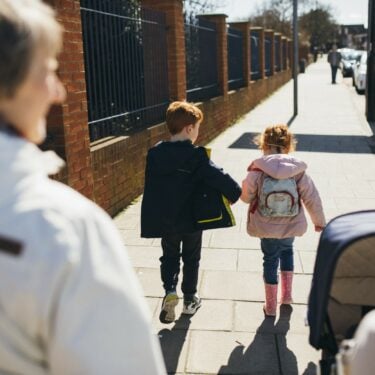A new, free-to-access, step-by-step guide to pensions on divorce published today will help divorcing couples understand what they need to do about pensions, how to find out what they are worth, when to get expert advice and what to do if they can’t come to an agreement.
The Survival guide to pensions on divorce has been produced by Advicenow, working with the Pensions Advisory Group and funded by the Nuffield Foundation. It is the accessible version, aimed at divorcing couples themselves, of the Pensions Advisory Group’s definitive Guide to the Treatment of Pensions on Divorce, published in 2019.
There is widespread misunderstanding of the importance of including pensions when divorcing couples decide how to divide their money and assets. Fewer than one in six divorces include a pension order of any kind, and those that do tend to be within the bigger money cases.
Pensions are viewed by many couples as too complicated or intimidating and a lack of user-friendly information compounds the problem. While many find thinking about future finances stressful, it is dangerous to ignore them. There is a huge amount of research that shows that not sharing pensions leads to women particularly being in unnecessarily precarious financial positions in later life.
The Survival guide to pensions on divorce provides an easy-to-read and compelling explanation as to why it is so important for couples who are divorcing to include pensions when they consider their finances post-divorce. It takes readers through the key points relating to pensions, such as what the law says about them, how to get them valued, how to reach an agreement, when they might need expert help and how to access that.
The Survival guide to pensions on divorce has been endorsed by the President of the Family Division and the Family Justice Council.
Splitting pensions fairly in a divorce can prevent profound and long lasting effects for those involved. However, it is easy to see how pensions, which are often perceived as complex and quite intangible, are overlooked and avoided during a time of emotional stress and potentially immediate financial uncertainty. We welcome the publication of this survival guide which demystifies the process of pension separation and equips divorcing couples with the information they need to achieve a fairer settlement.”Ash Patel, Justice Programme Head at the Nuffield Foundation

































